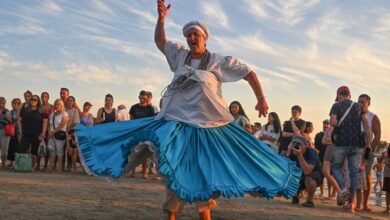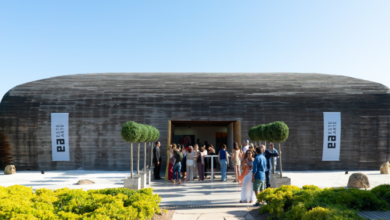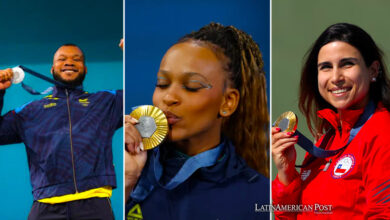Uruguayan Marathon Miracle: Julia Paternain’s Historic Bronze Stuns Tokyo
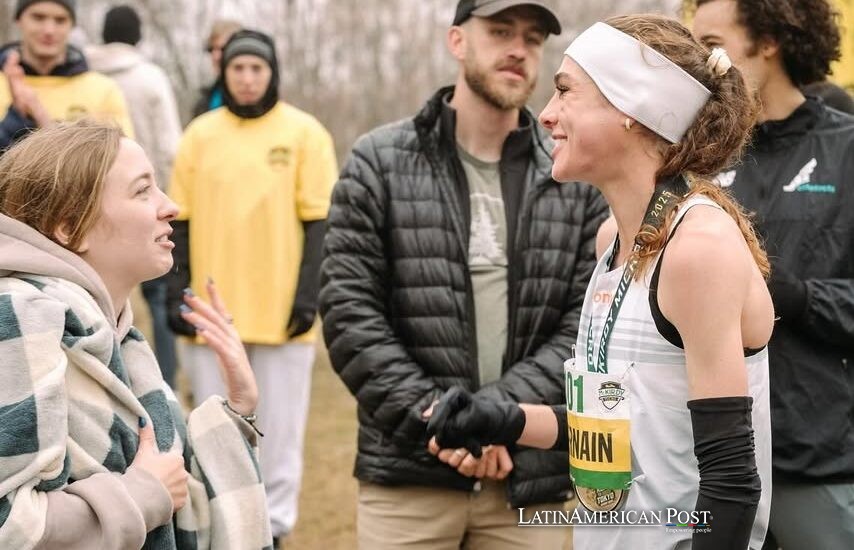
Julia Paternain arrived in Tokyo ranked 288th in the world, running just her second marathon. She left with Uruguay’s first-ever World Athletics Championships medal—an improbable bronze won with patience, instinct, and a late surge born from schoolgirl memories.
A Podium No One Predicted
When Julia Paternain staggered into the stadium tunnel after 26.2 miles, she looked more dazed than triumphant. Only later did she realize she had just rewritten Uruguayan sports history. “I was in shock,” the 25-year-old admitted. Her race plan had been stripped to basics: keep rhythm, stay upright, see what the final miles offered. “This is my second marathon and I was just trying to get from A to B and get to the finish line without my legs giving way,” she told The New York Post.
Ahead of her, Kenya’s Olympic champion Peres Jepchirchir edged Ethiopia’s Tigst Assefa in a thriller, crossing in 2:24:43. Paternain arrived nearly three minutes later in 2:27:23—bronze, an outcome so unlikely it seemed to mock the seedings. Ranked far outside the elite, she had never stood on such a stage. Now she was Uruguay’s first medalist at a World Championships.
Running Between Two Homes
Paternain’s path runs through both Uruguay and Britain. Her family is fully Uruguayan, but she moved to Cambridge at age two when her father took a university post. It was in Britain’s school system that her competitive instincts sharpened. She remembers English Schools races as the crucible that taught her how to close hard. “My whole family is from Uruguay, but I was thinking back to the English Schools when I ran the 3k,” she told The New York Post.
Those back-to-back 3,000m titles in 2017 and 2018 proved formative. She later wore a British vest at the 2019 European Under-23 Championships, finishing sixth over 10,000m. The dual influence—Uruguayan pride, British training—gave her composure beyond her résumé. In Tokyo, when the race stretched thin and the favorites marked each other, Paternain trusted the patience she had practiced as a teenager. “I remembered the last 200m and this felt just like English Schools,” she said. The roar wasn’t the same, but the instinct was: lift the knees, find the tape, kick.
Racing by Feel, Finishing in Shock
By the halfway mark, Paternain sensed the day was unfolding strangely. “At halfway I realised I was in the top 12, maybe, and from then I was kind of picking people off,” she recalled. What she lacked was confirmation. In a city where most shouts from the roadside came in Japanese, she couldn’t track her position. “Usually you have people yelling that you are in this position, but everything was in Japanese so I had no idea where I was.”
When she entered the track for the final meters, she still didn’t know. “I knew I was somewhere in the top—I was assuming six or five. I didn’t really want to think there was a medal, just in case there wasn’t.” Even as she crossed, fear trumped joy. “I was terrified that that wasn’t the finish and that someone was going to be behind me, and I was going to stop and I had another lap to go.” She asked officials to be sure. Only then did the shock dissolve into elation—and into history.
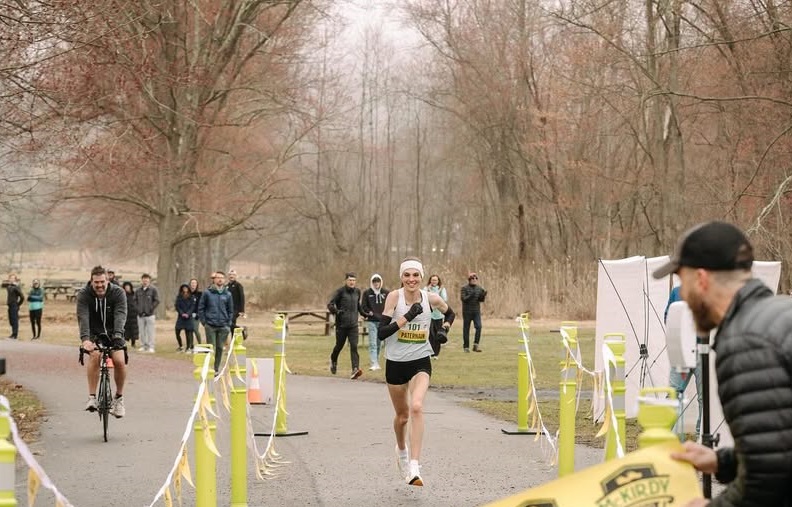
IG@juliapaternain
What Her Bronze Means for Uruguay
For Uruguay, a nation defined globally by its football heritage, Paternain’s medal opens an entirely new frontier. She has shown that a country of three million can reach the marathon podium at the sport’s biggest stage. It widens the horizon for young runners who may never touch a football pitch but can still dream of medals in sky-blue.
Her story also underscores how modern sport is shaped by migration. The medal belongs to Montevideo and to Cambridge, to Uruguayan family dinners and British school tracks. It reflects the global reality that talent is honed across borders.
There will be speculation about what Paternain can achieve with more marathon-specific training and more races to learn the brutal calculus of the distance. But this bronze already stands alone. It was not a fluke of attrition but a perfectly-timed negative split, proof that discipline and instinct can overturn ranking tables.
On paper, a runner ranked 288th doesn’t medal. On pavement, with the right rhythm, patience, and a fearless final 10K, improbable becomes inevitable. Paternain captured that paradox. She did it without knowing her position, without the comfort of familiar voices in the crowd, and with the humility of someone who feared the tape might not be the tape. That humility only makes the bronze braver.
Also Read: Venezuela Football Reels from Colombia Collapse with Maduro at the Helm
Uruguay now has a new chapter in its sporting lore—one written not by penalty shoot-outs or footballing gods, but by a marathoner who remembered the surge of a schoolgirl kick and summoned it again when the world least expected it.



